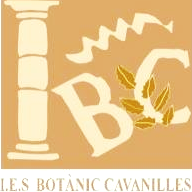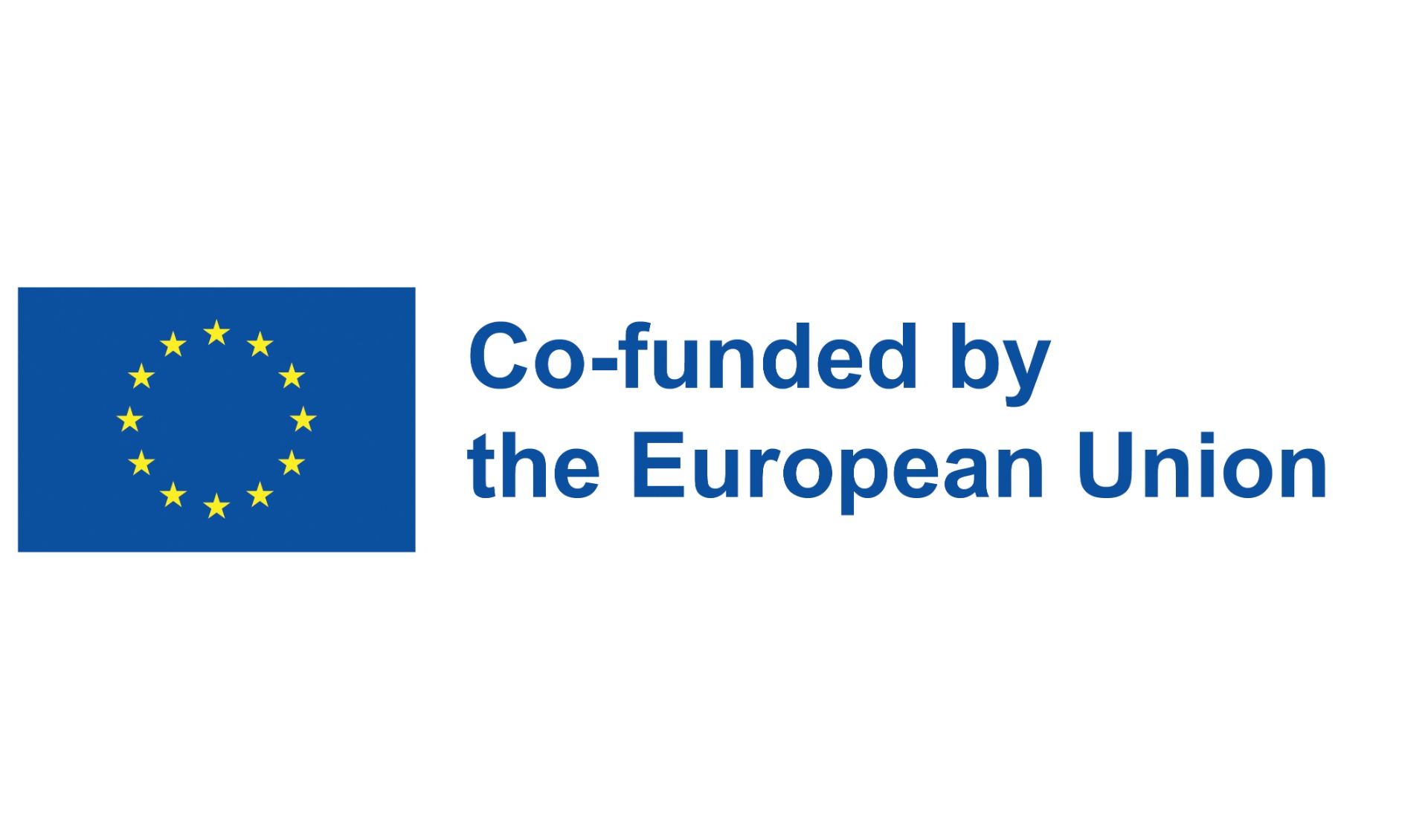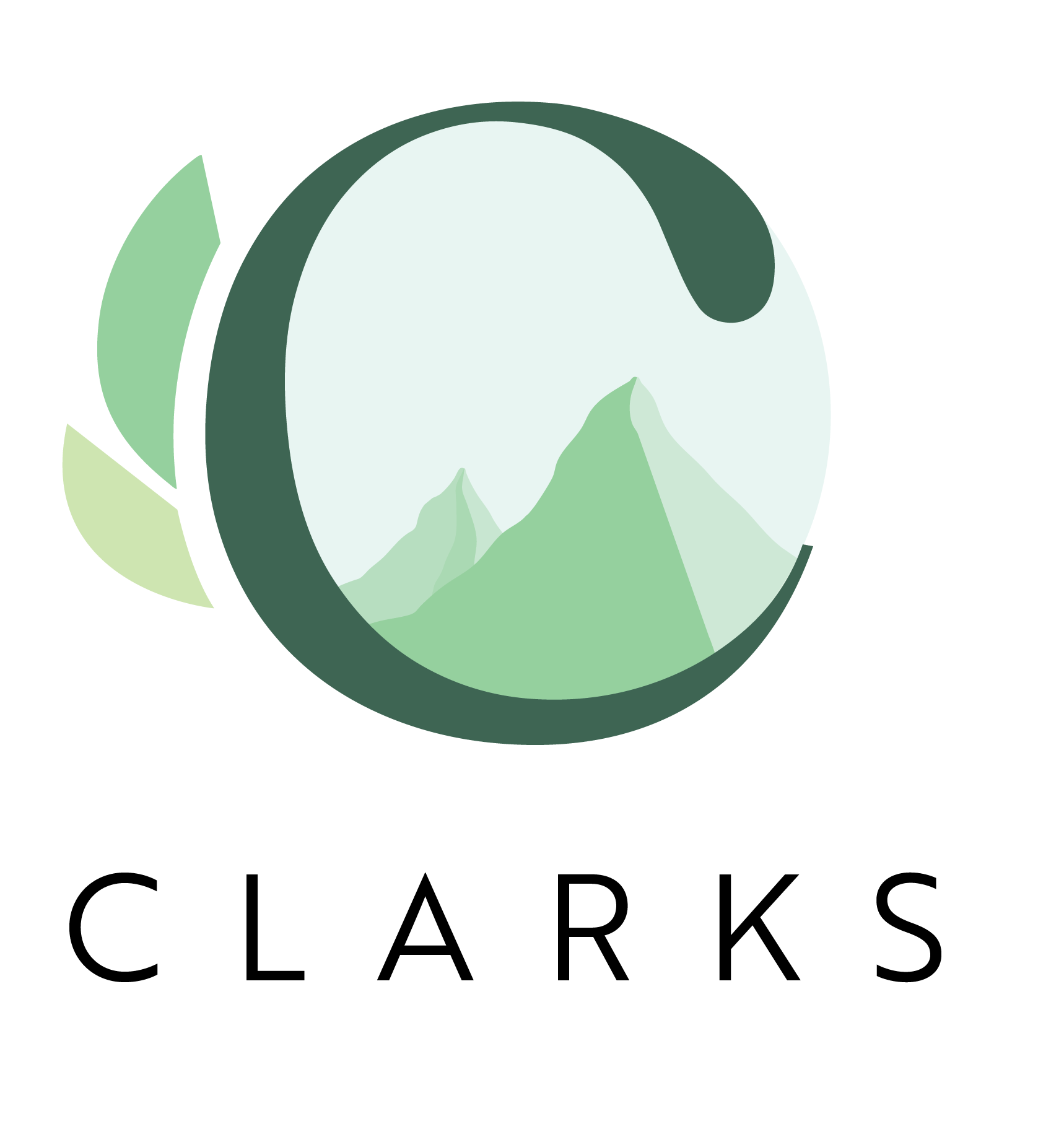PARTNERS

CRESOL
The Cultural Association CRESOL - Art and Creativity for Social, Sustainable, and Solidarity Development was born in 2015 due to the need to guide the population towards a more sustainable and balanced socioeconomic model that takes into account the real social needs of the population promoting inclusion and diversity. Education and training, as well as awareness, are the main pillars of CRESOL. Art and creativity are always the medium. It also contributes to the promotion of creativity and creative thinking aimed at achieving environmental and social change. CRESOL works with adult training and education through innovative projects for the implementation of environmental and social solutions. The approach aligns closely with the objectives of ERASMUS+. We promote adult education and promote the common values of solidarity, social integration and respect for the environment.
ICATALIST
ICATALIST is a specialised SME consultancy focused on climate change adaptation, sustainability, education, and citizen participation. The organisation supports municipalities and communities in designing and implementing tailored climate solutions through inclusive, participatory approaches. A core focus is on education, using research, scientific knowledge, and data to drive systemic and scalable change. Its main areas of activity include environmental education and training, strategic planning for climate adaptation, and traceability and certification of products and services.
ICATALIST's multidisciplinary team consists of 20 paid staff with diverse technical backgrounds, including geographers, biologists, engineers, psychologists, architects, technologists, and communication specialists. Several team members have extensive experience in educational initiatives, making ICATALIST well-equipped to contribute to relevant project goals.

CIMA UAlg
The Centre for Marine and Environmental Research (CIMA) is a research unit within the University of Algarve (UAlg), in Portugal. UAlg's core activities are teaching and research in various scientific fields: science and technology, management and economics, earth and marine sciences, social sciences and health. With almost 10,000 students, it offers 47 undergraduate and 100 postgraduate programmes. Known for its expertise in tackling environmental challenges, CIMA develops research in geology, biology, chemistry, and physics while cultivating transdisciplinary knowledge on critical issues such as climate change, pollution, and resource sustainability. The research is grouped into two main areas: Marine and Coastal Dynamics and Environmental Systems and Resources. The current strategy of CIMA is centred on four key objectives: advancing knowledge in aquatic ecosystems dynamics, assessing risk and supporting sustainable development, leveraging resources and technologies within the blue and green circular economy framework, and engaging with society. These objectives aim to address global challenges, providing science-based evidence to support regional decision-making processes. CIMA's team is composed of 48 researchers, 56 collaborators, 29 PhD students, 3 technicians and collaborates with researchers from 56 countries. Between 2018 and 2023, CIMA was awarded 130 research projects, 35% of which were international.
4CF THE FUTURES LITERACY COMPANY®
4CF The Futures Literacy Company is a Polish consultancy entirely focused on strategic foresight and long-term strategies. For nearly 20 years, 4CF has been on the mission to help its clients prepare for an uncertain tomorrow. The Company has executed hundreds of projects for private companies, public institutions and international entities, including European Commission, various EU agencies, UNFCCC, UNESCO, UNDP and WHO. Foresight allowed 4CF to open new horizons to its clients, enabling them to make strategic decisions and implement disruptive solutions that secure the best future outcomes for all their stakeholders. The Company is a member of The Global Future Society (GFS), the Association of Professional Futurists, the Foresight Educational and Research Network, and founder of The Millennium Project's Polish node.
4CF is also at the forefront of global innovation, and actively contributes to the development of cutting-edge foresight tools. The Company's foresight experts possess extensive interdisciplinary knowledge and experience. They continuously perfect 4CF's methodology and actively cooperate with leading international foresight centers.


GAUDIA
Gaudia is a Upper Secondary School in Lahti and one of the biggest Upper Secondary Schools in Finland. There are about 1350 students studying in National general programme, National special programme in Visual Arts, Music or in IB Diploma Programme. The meeting of artistic lines brings a lot of interdisciplinary cooperation, which can be seen and heard as creative energy throughout Gaudia's everyday life. Because of the International Baccalaureate study line and the exceptionally broad international activities, English language and internationality are constantly visible in Gaudia's everyday life and celebrations.
IES BOTANIC CAVANILLES
IES Botànic Cavanilles is a dynamic and inclusive public upper secondary school located in La Vall d'Uixó, in the Valencian Community, Spain. The school serves more than 1110 students across different educational levels, including ESO (Compulsory Secondary Education), Bachillerato (with both scientific and social science tracks), and Vocational Education and Training (VET) in three key professional fields: Administration and Management, Vehicle Transport and Maintenance, and Electricity and Electronics.
The school is strongly committed to innovation in education, applying active methodologies, promoting equity and inclusion, and fostering key competences such as entrepreneurship, sustainability, digital literacy, and social responsibility. Teachers work in interdisciplinary teams and focus on engaging students in meaningful learning experiences that promote personal growth and lifelong learning.
IES Botànic Cavanilles has been actively involved in the Erasmus+ programme for several years. Through Key Action 1 (KA1) En scholar education, the school has developed and coordinated mobility projects for both teaching staff and students, aimed at improving educational practices, reinforcing internationalisation, and enriching the school's pedagogical model.Moreover, the Vocational Education and Training (VET) Erasmus+ projects in Key Action 1 (KA1) have enabled teachers and students from vocational programmes to participate in international work placements in companies across Europe. These mobilities not only enhance their professional skills but also improve their employability, intercultural awareness, and European identity. The VET team coordinates these initiatives with strong support from local and international partners.
Additionally, the school has participated in various Key Action 2 (KA2) partnerships, collaborating with schools and institutions from different countries to exchange good practices and develop innovative educational approaches. These strategic partnerships have covered themes such as digital innovation, inclusion, climate change, and student wellbeing.


JOÃO DA ROSA
João da Rosa School Cluster is located in Olhão, in the south of Portugal, and comprises four educational establishments, from pre-primary to lower secondary education, with approximately 1200 students. Known for its strong commitment to inclusion, the school cluster offers a wide range of educational responses — including vocational education and training courses, as well as inclusion support programmes — tailored to the needs of all learners, promoting success, equity and well-being. Sustainability is also a strategic priority, reflected in several projects involving students, teachers and community partners. Active participation in national and international initiatives strengthens the school cluster's European dimension and brings values such as citizenship, cooperation and interculturality into daily school life.

Funded by the European Union. Views and opinions expressed are however those of the author(s) only and do not necessarily reflect those of the European Union or the European Education and Culture Executive Agency (EACEA). Neither the European Union nor EACEA can be held responsible for them.

